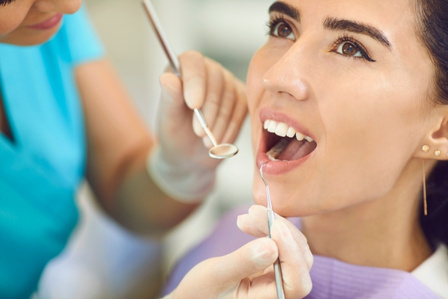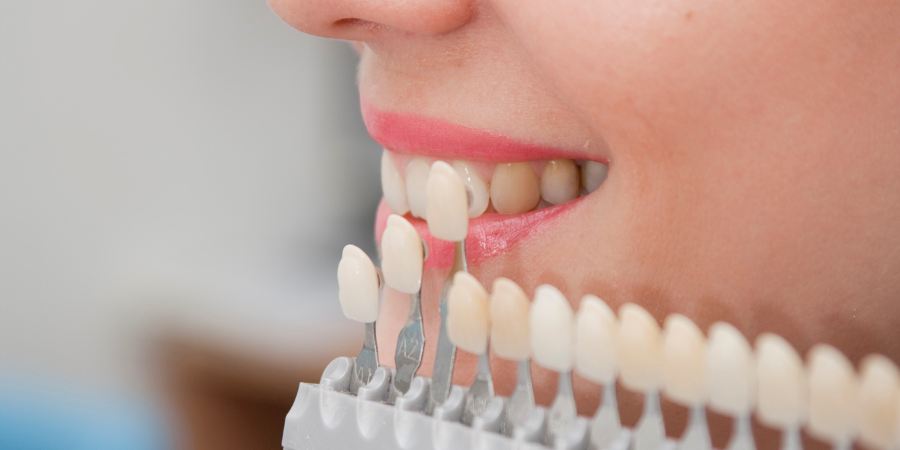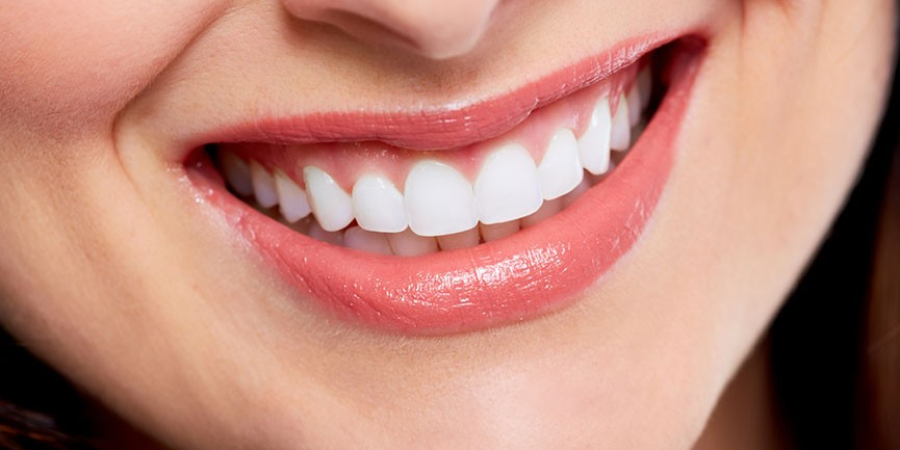
You brush and floss daily, but is that enough to keep your teeth in top shape? Many people wonder how often they should get professional dental cleanings and whether skipping an appointment really makes a difference.
Regular teeth cleanings do more than give you a bright smile—they help prevent serious dental issues before they start.
So, how often should you schedule your dental cleaning? The answer isn’t the same for everyone. Let’s break it down and find out what’s best for your smile.
Why do Regular Dental Cleanings Matter?
Professional dental cleanings in Hillsboro, KS, go beyond what your toothbrush can do. Even with the best at-home routine, plaque and tartar can build up in hard-to-reach areas.
Key Benefits of Regular Cleanings:
- Prevents Cavities – Plaque is the leading cause of tooth decay. Dental cleanings help remove buildup before it turns into cavities.
- Fights Gum Disease – Tartar along the gumline can lead to gingivitis and, if untreated, progress to more severe gum disease.
- Eliminates Bad Breath – Persistent bad breath (halitosis) is often caused by bacteria and plaque. A professional dental cleaning keeps your breath fresh.
- Protects Overall Health – Studies link gum disease to heart disease, diabetes, and other health conditions. Keeping your mouth clean supports your body’s well-being.
How Often Should You Go for Dental Cleaning?
The American Dental Association recommends getting a professional cleaning every six months. This timeline works for most people because it:
- Helps catch early signs of decay or gum disease.
- Prevents plaque from hardening into stubborn tartar.
- Keeps your smile looking bright and feeling fresh.
However, this six-month rule might not be for everyone. Some may need more frequent visits based on their dental health.
Factors That Influence Dental Cleaning Frequency
Your ideal cleaning schedule depends on several personal factors. Some people can maintain healthy teeth with biannual cleanings, while others require more frequent visits.
Who May Need More Frequent Cleanings (Every 3-4 Months)?
- People with a history of cavities or gum disease – If you’ve had past dental issues, frequent cleanings prevent further problems.
- Smokers and heavy coffee or tea drinkers – Tobacco and staining beverages cause plaque buildup and discoloration.
- Individuals with diabetes or weakened immune systems – Certain health conditions make gums more prone to infection. This increases the chances of cavities.
- People with braces or dental restorations – Braces, crowns, and bridges can trap food particles, increasing plaque buildup.
Who May Need Less Frequent Cleanings (Annually)?
- Those with excellent oral hygiene habits – If you brush, floss, and eat a healthy diet, your risk of plaque buildup may be lower.
- People without a history of cavities or gum disease – If your dentist sees minimal plaque at each visit, you might extend your cleanings to once a year.
What Happens During a Professional Cleaning?
Wondering what to expect during your appointment? A professional cleaning is a simple, painless process designed to keep your teeth and gums healthy.
Steps of a Typical Cleaning:
- Plaque and Tartar Removal – The dentist uses special tools to remove hardened plaque (tartar) that brushing can’t get rid of.
- Deep Cleaning and Polishing – Teeth are polished to remove surface stains and make it harder for plaque to stick.
- Flossing and Fluoride Treatment – Professional flossing removes any remaining debris, and fluoride strengthens enamel to prevent decay.
- Dental Exam (if scheduled) – Your dentist in Hillsboro, KS may check for cavities, gum disease, or other oral health concerns.
Signs You May Need a Dental Cleaning Sooner
Even if you’re following a set schedule, certain signs indicate it’s time for a dental visit sooner than planned:
- Bleeding or swollen gums – A sign of early gum disease that needs attention.
- Persistent bad breath – This may indicate bacteria buildup that a dental cleaning can resolve.
- Visible plaque or tartar buildup – If you notice yellowish deposits, it’s time for a deep clean.
- Tooth sensitivity or pain – This could be a sign of decay or gum issues.
Making Regular Dental Cleanings a Habit
Staying on top of your dental cleanings is easier when you make them a routine part of your healthcare schedule.
Tips to Stay on Track:
- Schedule in advance – Book your next appointment before leaving the dental office.
- Set reminders – Mark your calendar or set phone alerts to remember upcoming visits.
- Pair with other checkups – Align cleanings with annual health checkups to stay consistent.
- Think of it as self-care – A clean, healthy smile boosts confidence and overall well-being.
Regular cleanings are the foundation of a healthy smile. Whether you need a cleaning every six months or more frequently, staying proactive about dental care prevents bigger issues down the road. If it’s been a while since your last visit, consider this your reminder—book an appointment and keep your smile looking and feeling its best!


